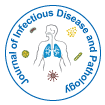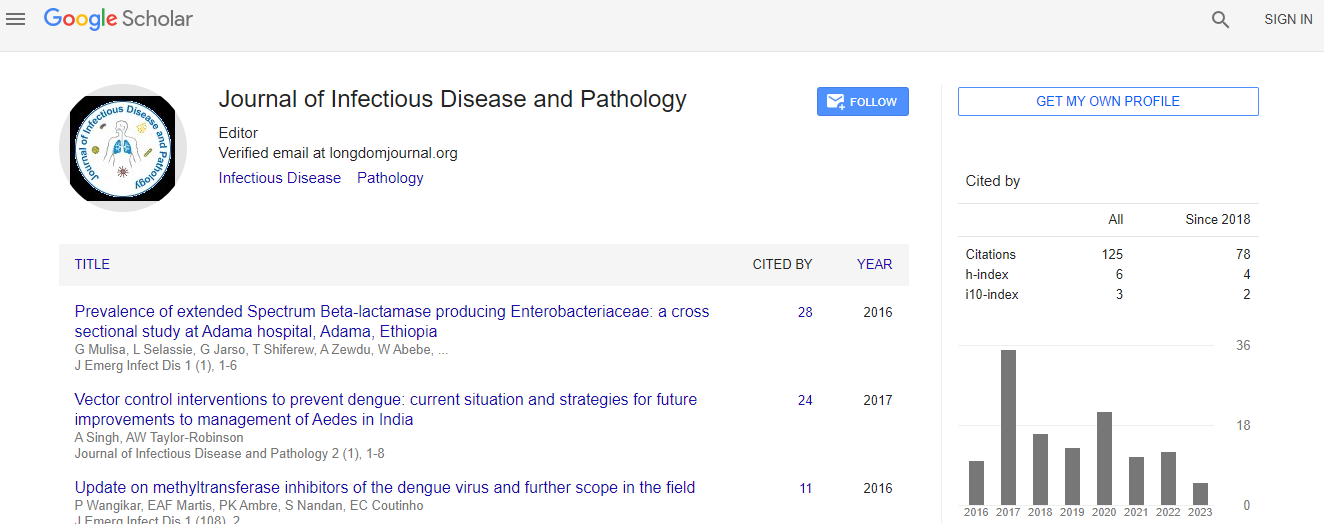Review Article
Vector Control Interventions to Prevent Dengue: Current Situation and Strategies for Future Improvements to Management of Aedes in India
Amarjeet Singh1 and Andrew W Taylor-Robinson2*1School of Pharmaceutical Sciences, Lovely Professional University, Jalandhar, Punjab 144411, India
2School of Health, Medical and Applied Sciences, Central Queensland University, Brisbane, QLD 4000, Australia
- *Corresponding Author:
- Andrew W Taylor-Robinson
Infectious Diseases Research Group, School of Health, Medical and Applied Sciences
Central Queensland University, 160 Ann Street, Brisbane, QLD 4000, Australia
Tel: +61 7 3295 1185
E-mail: a.taylor-robinson@cqu.edu.au
Received date: January 25, 2017; Accepted date: February 09, 2017; Published date: February 20, 2017
Citation: Singh A, Taylor-Robinson AW (2017) Vector Control Interventions to Prevent Dengue: Current Situation and Strategies for Future Improvements to Management of Aedes in India. J Emerg Infect Dis 2:123. doi: 10.4172/2472-4998.1000123
Copyright: © 2017 Singh A, et al. This is an open-access article distributed under the terms of the Creative Commons Attribution License, which permits unrestricted use, distribution, and reproduction in any medium, provided the original author and source are credited.
Abstract
Dengue is the most widespread vector-borne infectious disease of humans, existing in around 125 tropical and subtropical countries worldwide. The causative agent, a Flavirus, is transmitted from one person to another by female mosquitoes of the genus Aedes, primarily Ae. aegypti and Ae. albopictus, which breed in small, still bodies of freshwater such as storage tanks, buckets, plant pots and discarded household waste. Encouraging progress has been made in recent years towards the diagnosis and timely management of this debilitating and sometimes fatal disease. However, in the absence of an antiviral therapy or vaccine that is available and affordable in a low income setting, the means to combat dengue currently rely upon vector control measures that are directed against the immature aquatic stages, larvae and pupae, or adult mosquitoes. Although a number of different methods are in use, vector control has failed to prevent outbreaks from occurring and to avert an expansion of the geographical distribution of dengue. This is due to several limitations of present technologies that relate to dwindling financial resources, development of insecticide resistance, failure of long term sustainability and insufficient community involvement. In this context, there is a pressing need for an evidence-based selection process to determine how best to detect and exterminate the breeding of Aedes mosquitoes. This review considers existing vector control strategies as well as discussing some of the novel approaches that are in preparation, placing particular emphasis on relevance to the worsening public health issue of dengue endemicity in India.

 Spanish
Spanish  Chinese
Chinese  Russian
Russian  German
German  French
French  Japanese
Japanese  Portuguese
Portuguese  Hindi
Hindi 